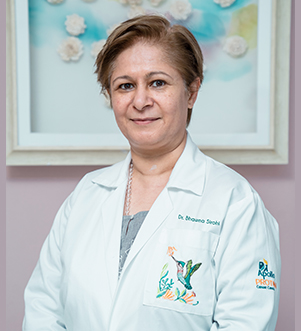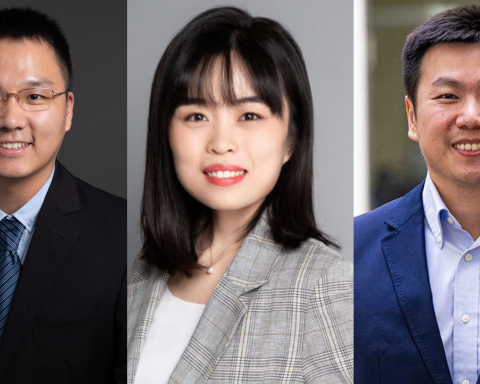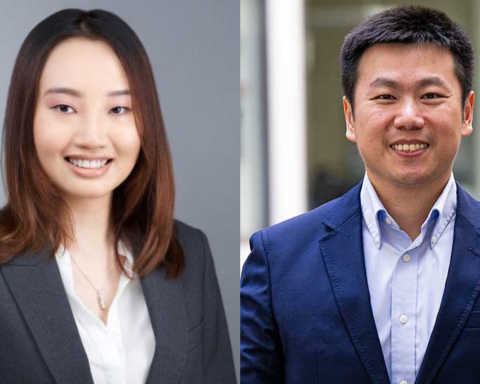As part of our series of interviews with the 2022 Binaytara Foundation (BTF) award winners who are improving access to cancer care, today we talk with Dr. Bhawna Sirohi, winner of the Distinguished Faculty Award. Dr. Sirohi is a leading breast oncologist in South Asia and has demonstrated long-standing excellence in teaching and improving access to education for health care providers.
“BTF is doing stellar work for the people of Nepal and the global oncology community as a whole,” says Dr. Sirohi. “I have been involved deeply with the weekly multidisciplinary tumor boards, which have site-specific global oncologists discussing and making decisions with the local oncologists. I’ve also been involved with education efforts in various meetings, and molecular tumor boards run by BTF. I have been closely involved with the education committee of BTF and as outreach with the International Journal of Cancer Care Delivery, IJCCD.”
Improving Access to Cancer Care
Dr. Sirohi also considered the question of how the oncology communities in resource-limited settings and developed countries can work together to minimize cancer disparities and had a detailed list of ideas affecting several areas of the oncology field:
Service
- Key opinion leaders (KOL) in developed countries should put a stop to doing trials that have inferior end-points that do not help the patient’s goals of care
- KOLs should stop celebrating the marginal benefits of drugs on social media
- Set priorities for cancer care so access to care is equitable and optimal
- Choose anti-cancer treatments which let patients live longer with better quality of life
- Assess financial toxicity in your patients and see how you can help mitigate that
- Practice ASCO choosing Wisely/Local –India /Africa/ Brazil; ESMO MCBS; ASCO value-based care – as these will help narrow the gap in cancer care
- Implement social policies that assist with necessities for treatment – food, accommodation, transport, etc.
- Teleconsultation where possible
- Document outcomes – especially 30-day mortality post-therapy & survival – so that there is a benchmark to improve outcomes locally
- Transparency and accountability in cancer care
- Address moral distress among oncologists in LMICs where decision-making in the presence of limited resources and poverty can be very tough
Education
- Democratize education for patients and oncologists from LMICs at various global meetings
- Patient support group meetings to empower patients
- Encourage health literacy in communities in rural settings
Research
- Increase representation of Black and ethnic minorities in clinical trials, as these patients are highly underrepresented
- Work towards removing regulatory hurdles to research
Some of these goals may be more challenging than others, but Dr. Sirohi and others at the Binaytara Foundation continue working toward improving access to cancer care for everyone.
About Binaytara Foundation:
Binaytara Foundation is a global cancer non-profit dedicated to improving access to cancer care in the United States and abroad through education and innovative program models that break down barriers and advance best practices in hematology and oncology. Binaytara Foundation’s major projects include hematology and oncology conferences, and the establishment of a cancer hospital in Nepal. Additionally, they hold conferences on cancer care throughout the year.
The Binaytara Foundation Education Academy also offers several self-paced accredited continuing education (CME) activities for oncologists and oncology nurses interested in earning free continuing education credits at their own convenience. These activities include journal-based CME as well as recorded webcasts. All self-paced CME activities available at the Binaytara Foundation Education Academy are free for healthcare providers not employed by the biopharma industry. Many of these self-paced activities also offer Maintenance of Certificate (MOC) points to eligible physicians. Register on our education academy and start learning and earning free CME credits.





